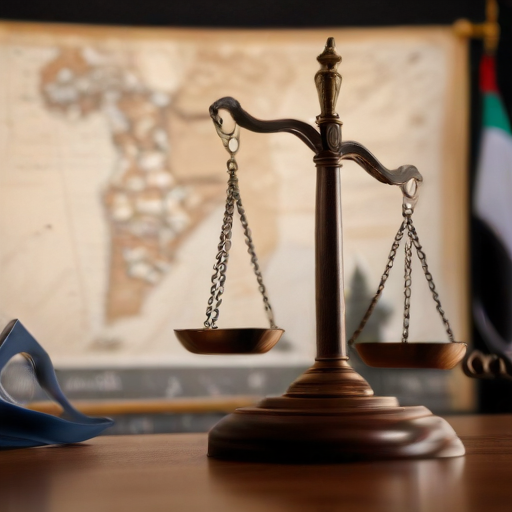Israeli Prime Minister Benjamin Netanyahu has strongly criticized the International Criminal Court (ICC) for issuing arrest warrants for him and former Defence Minister Yoav Gallant. He labeled the court’s actions as “antisemitic,” arguing that the ICC is wrongly asserting they intentionally targeted civilians during the ongoing conflict with Hamas. Netanyahu emphasized that Israel strives to minimize civilian harm, stating that the country has provided substantial food aid to Gaza, amounting to 700,000 tons, while issuing countless warnings to civilians to evacuate areas of conflict.
In a statement, Netanyahu characterized the ICC’s decision as comparable to the Dreyfus affair, a landmark antisemitism case from over a century ago in France. He affirmed that Israel would not acknowledge the legitimacy of the ICC’s ruling. Gallant echoed these sentiments, claiming that placing Israel and Hamas in the same category impugns Israel’s actions against the “murderous leaders” of Hamas.
The ICC also issued a warrant for Hamas commander Mohammed Deif, whom Israel claims was killed in Gaza in July. The court found reasonable grounds to believe that all three figures bear criminal responsibility for various crimes related to the recent conflict, which has resulted in an overwhelming number of casualties.
The impact of the ICC’s decision hinges on the willingness of its 124 member states—excluding Israel and the US—to enforce the warrants. Several European nations have indicated their respect for the ICC’s independence. Meanwhile, the situation in Gaza has drawn severe criticism from the United Nations, which reported deteriorating humanitarian conditions on the ground.
Amidst the tensions, there is a mix of responses from different factions, with Hamas considering the ICC’s actions a notable precedent while many in Israel contest the validity of the charges. The stark contrast between the narratives surrounding the conflict highlights deep divisions in international perceptions and responses to the ongoing violence.
This situation offers a compelling opportunity for dialogue and reflection on the international legal frameworks governing conflicts, as well as the humanitarian needs of all civilians caught in the crossfire. Promoting peace-building efforts and acknowledging the suffering on all sides could be a step towards alleviating the ongoing crisis.
In summary, Netanyahu’s condemnation of the ICC’s war crimes warrants illustrates the heightened tensions and differing perspectives within the Israeli-Hamas conflict, with both parties standing firm in their positions amid global scrutiny.
